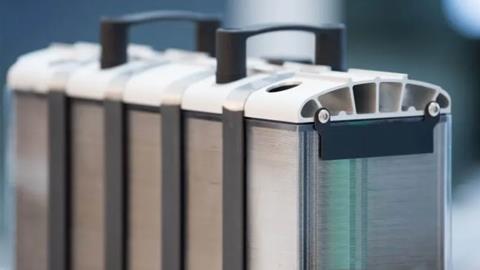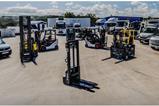Bosch has initiated volume production of its fuel-cell power module, with Nikola Corporation serving as the pilot customer. This powertrain will be integrated into their Class 8 hydrogen fuel cell electric truck, which is scheduled to enter the North American market in the third quarter of 2023.

Dr. Stefan Hartung, Chairman of the Board of Management at the Bosch Tech Day 2023, stated, “Here in Stuttgart-Feuerbach, in the plant whose history goes back further than any other Bosch plant, the hydrogen future is about to happen. Bosch knows its way around hydrogen, and Bosch is growing with hydrogen.”
Bosch is engaged in the entire hydrogen value chain, encompassing technology development for its production and application. The company has ambitious plans, aiming to generate sales of approximately 5 billion euros from hydrogen technology by 2030.
Markus Heyn, Member of the Bosch Board of Management and Chairman of Bosch Mobility, emphasized that Bosch possesses the expertise and capability to mass-produce intricate technology like fuel-cell stacks. “We don’t just have the required systems expertise, but also the capability of quickly scaling up new developments to mass production,” he added.
Bosch foresees that by 2030, one in every five new trucks weighing six tons or more will incorporate a fuel-cell powertrain. Over the period between 2021 and 2026, Bosch has planned investments totaling nearly 2.5 billion euros for the development and manufacturing of hydrogen technologies.
However, Dr. Hartung believes that Europe must take significant action to counterbalance the rapid advancements in other regions, particularly the United States. He outlined four demands for German and European policymakers, emphasising the need to accelerate hydrogen production in the EU, establish global supply chains, adopt hydrogen across all sectors of the economy, and expedite the setup of hydrogen distribution infrastructure in Europe.
Markus Heyn further highlighted the benefits of hydrogen engines, stating, “A hydrogen engine can do everything a diesel engine does, but on top of that, it is carbon neutral. It also allows a fast and cost-effective entry into hydrogen-based mobility.” Notably, more than 90% of the required development and manufacturing technologies for hydrogen engines already exist, positioning them for a successful launch starting in 2024.


















